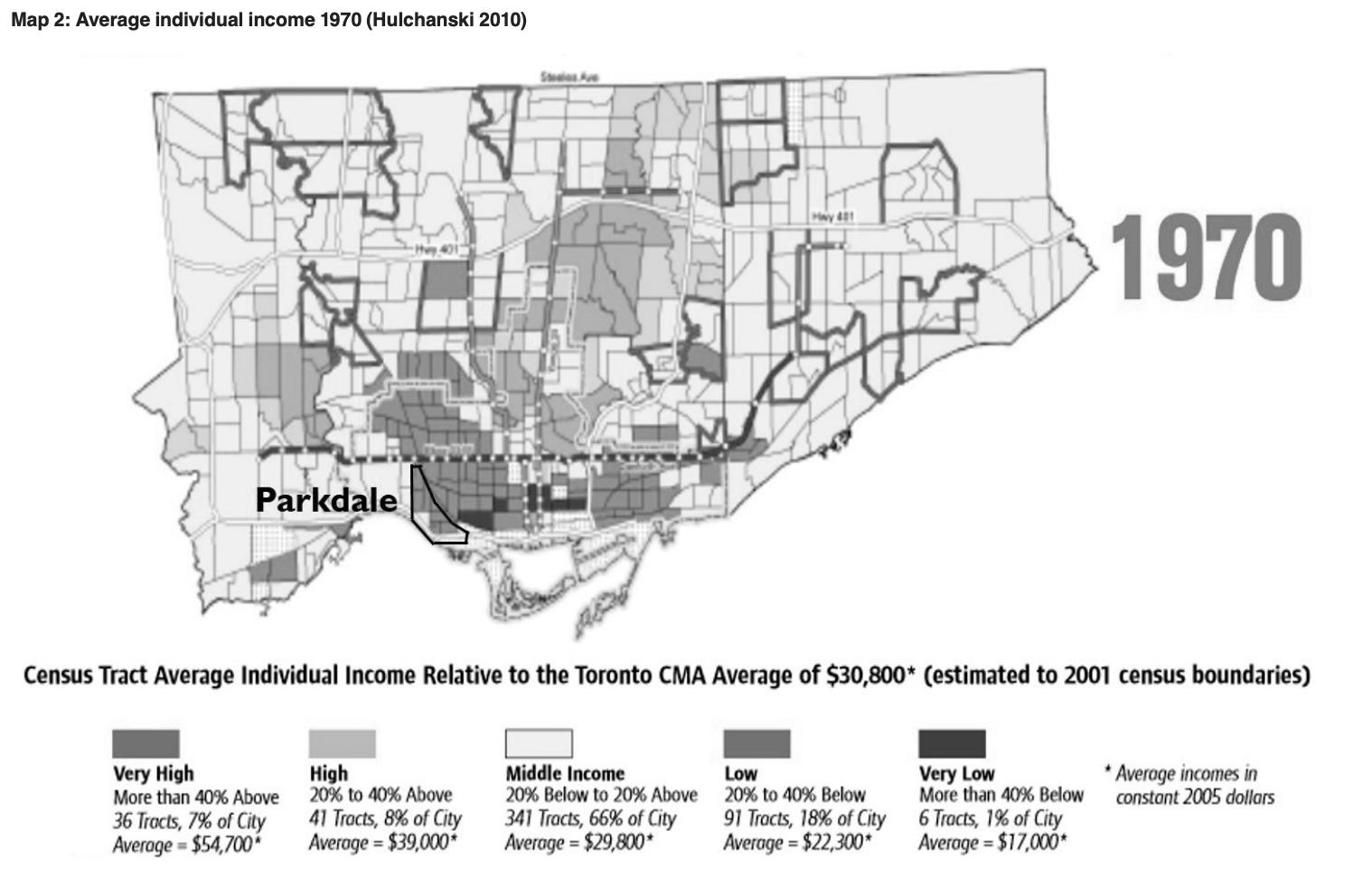1 minute read
Makdisi, Culture of Sectarianism, 29
“Using the Maronite mountaineers against the Druzes”: The Overlooked Role of Egyptian Policies in the Formation of Sectarianism on Mount Lebanon, 1831-1840
Timothy Boudoumit is a fourth-year History and Political Science student.
The Egyptian invasion of Ottoman Syria in 1830 was pivotal for the development of the sectarian governance of Mount Lebanon. Misconceptions about the nature of the region’s sectarian political system have led many, such as Ottoman Foreign Minister Fuad Pasha (1858-1860), to conclude that the conflicts on the Mountain were “age-old struggles between tribal communities whose ignorance had [stifled] reform.”1 Such misconceptions have been challenged by contemporary historiographical trends. While modern Arab historiography emphasizes the primary cause of sectarianism to be Ottoman policies of ‘divide and rule,’ modern Turkish historiography instead attributes it to European clientelist policies which pitted ethnoreligious groups against each other.2 However, few historians have emphasized the role of regional actors, such as Muhammad Ali’s Egypt, in the creation of these inter-communal divisions. This paper presents evidence to fill this gap in the academic literature by analyzing the implementation of Egyptian ‘divide and rule’ policies in Mount Lebanon and how this strategy complicated subsequent attempts to restore Ottoman sovereignty. Overall, it argues that the Mountain’s first multi-confessional sectarian political system, created in 1843, was in large part a response to Egypt’s divide and rule policies between 1831-1840, which created important divisions between the Mountain’s communities. Before the Egyptians occupied Mount Lebanon, religious divisions held little political importance. Military rank within the Ottoman army determined which local elites would govern the Mountain. This military hierarchy that shaped the Mountain’s preceding political system likewise determined social distinction.
1. Quote: Fuad Pasha, July 24, 1860, available in Ussama Makdisi, Culture of Sectarianism: Community, History, and Violence in Nineteenth-Century Ottoman Lebanon (Berkeley: University of California Press, 2000) 3, 177 n3. 2. Makdisi, Culture of Sectarianism, 5-6.






